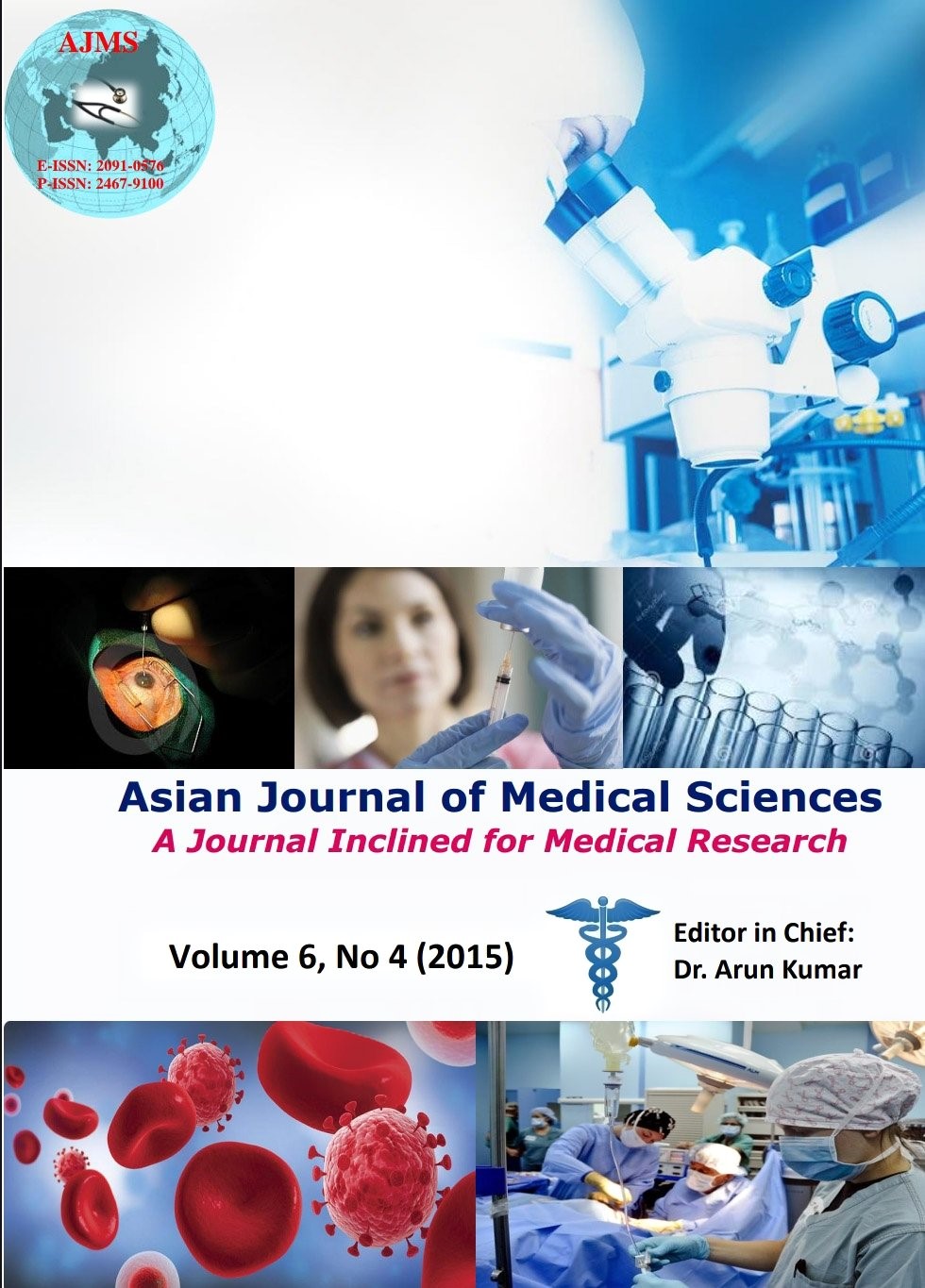Insights of HBV Pathogenesis and Emerging Clinical Therapies for HBV Induced HCC Patients for a Better Prognostic Outcome
Keywords:
HBV, Epidemiology, HCC, peg-IFN-alpha, Tenofovir, Entecavir, Clevudine, Clinical trialsAbstract
Chronic hepatitis B (CHB) virus infection is a global epidemic and a major cause of hepatocellular carcinoma (HCC). Approximately, 400 million people with 1.5 million Americans are chronically infected with this virus and around 1 million deaths from HBV annually have been estimated. High serum viral load has been detected between 75-80% of HCC patients. Epidemiological studies revealed that there are geographical variations in the incidence rate of hepatitis B virus genotype and subgenotypes. Furthermore, HBV induced HCC has a direct correlation with the recurrent genomic integration of this virus and cross-talk of its oncogenic protein HBV x (HBx) with different cellular signaling pathways. With the help of an extensive pathological study, whole genome sequencing and molecular insights of HBV induced HCC patients, suitable medications providing high-genetic barrier to resistances are made available. These medications can prevent HCC by inhibiting viral replication, modulating the immune response or both. The evolution of drugs with superior efficacy and less toxicity are providing important tools for clinicians to reduce HBV related HCC. This review sheds new perspective on molecular insight of HBV life cycle and clinical updates to treat sustained virus infection and associated cancers.
DOI: http://dx.doi.org/10.3126/ajms.v6i4.11884
Asian Journal of Medical Sciences Vol.6(4) 2015 1-8
Downloads
Downloads
Published
How to Cite
Issue
Section
License
Authors who publish with this journal agree to the following terms:
- The journal holds copyright and publishes the work under a Creative Commons CC-BY-NC license that permits use, distribution and reprduction in any medium, provided the original work is properly cited and is not used for commercial purposes. The journal should be recognised as the original publisher of this work.
- Authors are able to enter into separate, additional contractual arrangements for the non-exclusive distribution of the journal's published version of the work (e.g., post it to an institutional repository or publish it in a book), with an acknowledgement of its initial publication in this journal.
- Authors are permitted and encouraged to post their work online (e.g., in institutional repositories or on their website) prior to and during the submission process, as it can lead to productive exchanges, as well as earlier and greater citation of published work (See The Effect of Open Access).




